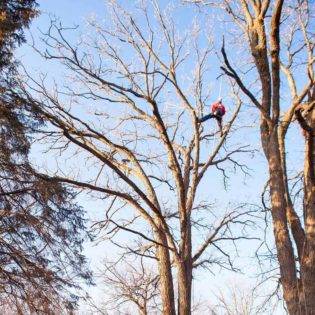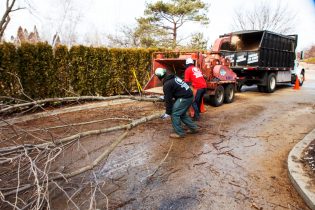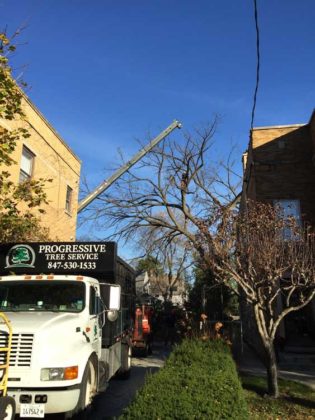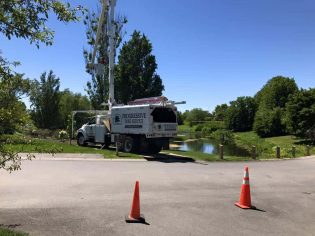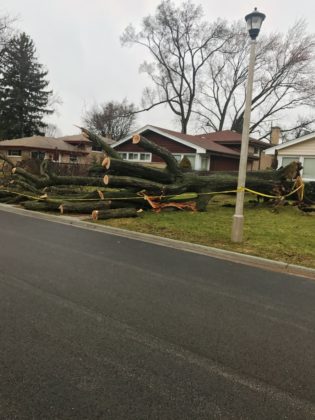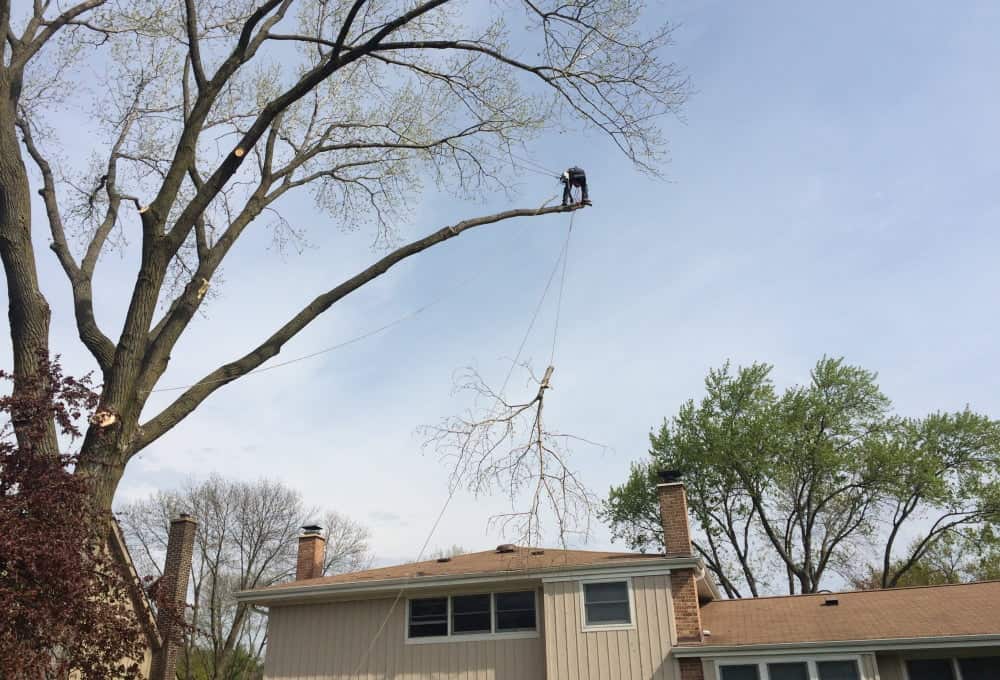How To Deal With Scale Insects
Scales is a problem that occurs in many trees and plants that is typically inconspicuous and usually not noticed until large numbers cover the limbs. Scale insects suck sap from plants, depriving them of essential nutrients that often results in the death of the tree or plant. Scale insects thrive in warm, moist locations and typically target the underside of plant leaves and leave joints. When they begin to feed on the honeydew of a plant, it interrupts the plant’s ability to production of a healthy type of mold, sooty mold, which is then overtaken by a thick black mold that interferes with photosynthesis.
How is Scales Treated?
There is no easy cure for a scale bug infestation. There are numerous chemical products available for the control of scale bugs, such as insecticidal sprays that are available at garden centers. Insecticides must be applied thoroughly each week for a month or more for the greatest results. The most recommended method to treat Scales is to apply repeated applications of horticultural oil during the dormant season. In addition to horticultural oil, soil injections are also applied to control scale during their crawler stage.
Signs and Symptoms of a Tree Scale Infestation
Scales have the ability to affect multiple areas of a tree. Branches, shoots, leaves, and fruit are all able to suffer injury from a scale infestation. Scales damage the plant with their ability to suck the plant sap and sooty mold that leads to weakening of branches and main scaffold limbs causing permanent injury to mature trees. Limbs also may become covered with soft or hard shell scales in masses while the leaves wilt and die.

